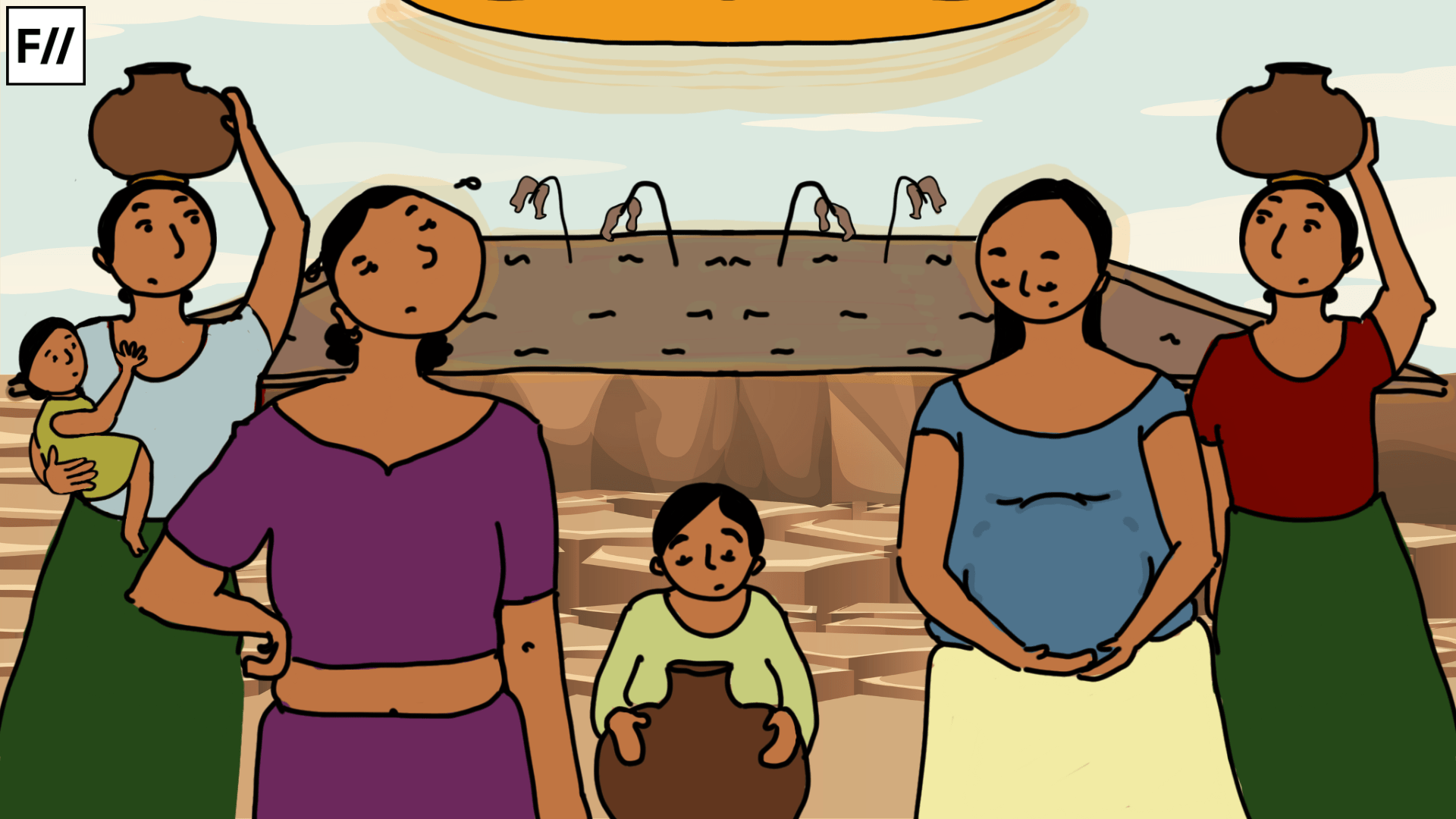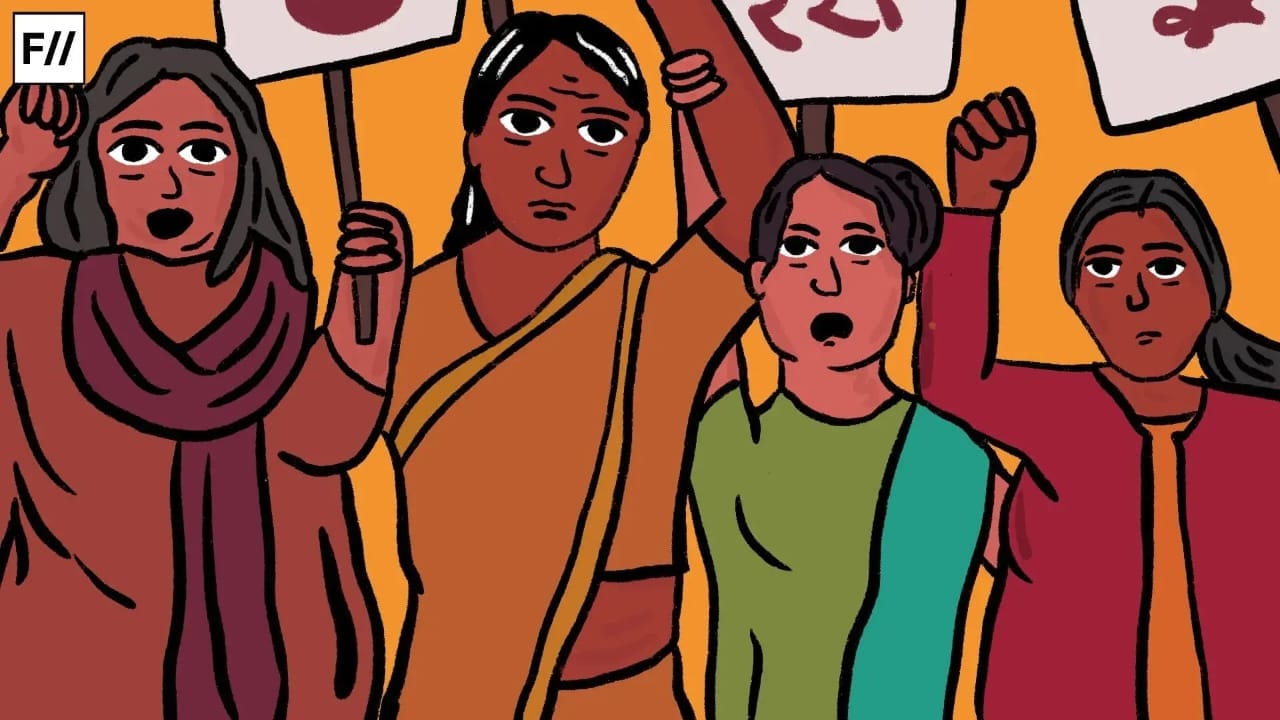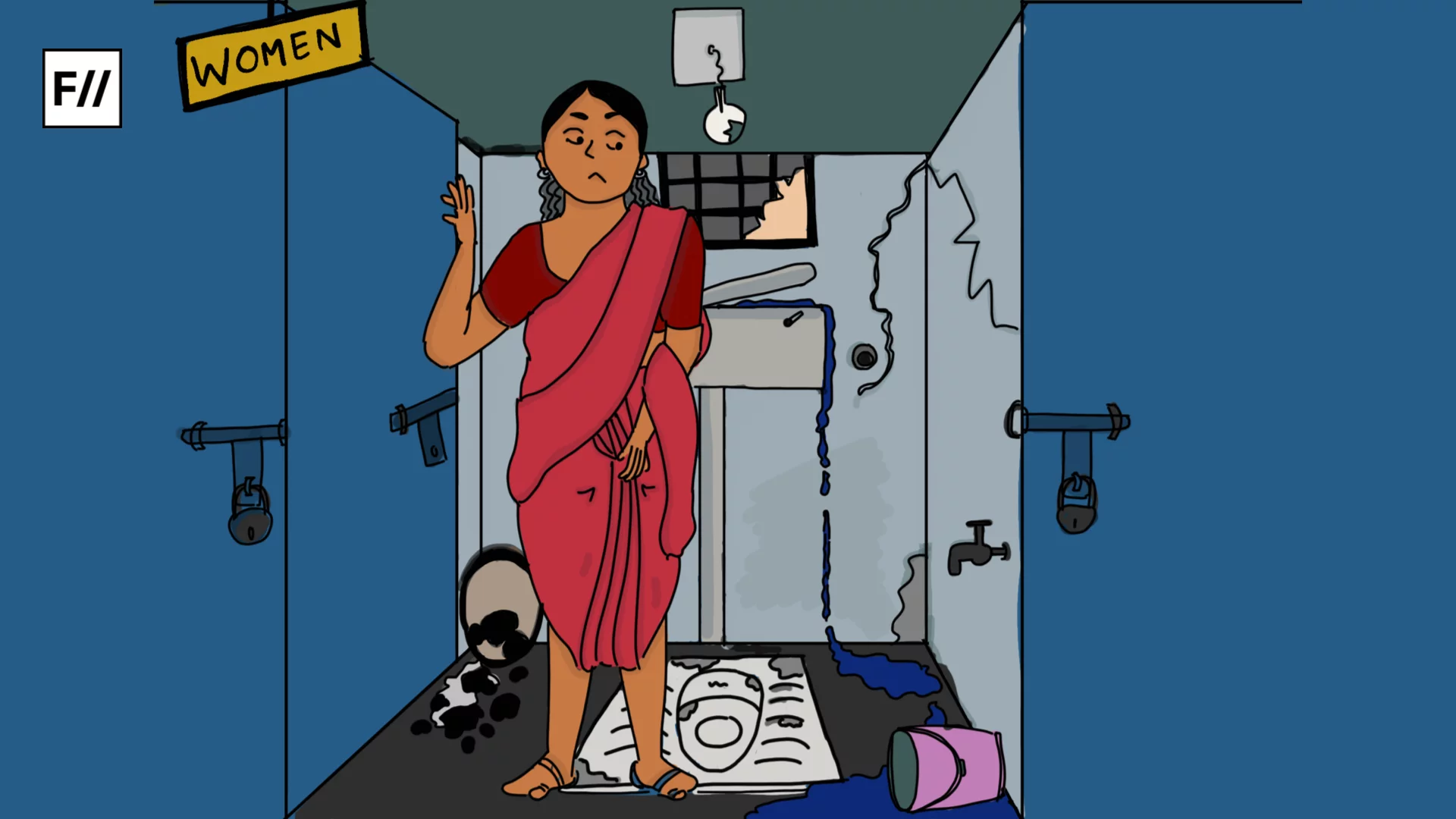Climate change is inevitably going to impact women and other gender minorities more than cisgender heterosexual men. Why? Because many women and other gender minorities live in a state of abject poverty, face human rights violations and intolerance and are unlikely to get access to basic human amenities and resources.
No doubt climate change or crisis is a phenomenon that will impact everyone irrespective of gender but the outcomes of climate change will be more adverse on women and LGBTQI+ persons than men.
According to UN Women, “The climate crisis is not “gender neutral”. Women and girls experience the greatest impacts of climate change, which amplifies existing gender inequalities and poses unique threats to their livelihoods, health, and safety.”
According to a study, areas with an increased proportion of same-sex couples have more air pollution resulting in respiratory or chest diseases in gender minorities.

Women around the world lack access and/or rights over land and property, resources, and also endure the responsibilities to search for and manage food and household in many regions. So when women in some distant and rural areas in Ethiopia or Rajasthan where weather conditions are extremely hostile, go about searching for water and walk for hours to get it; is an adverse effect that is likely going to jeopardise the health and well-being of women at large.
A survey by Goan Connection found that 39.1 per cent of women living in rural India go out to get water every day. The same survey mentions, “6 per cent of women said they have to walk between 1 km and 5 km twice a day to fetch water.” This exemplifies how terribly challenging the circumstances are for women who must run houses and obtain basic necessities.
In addition, climate change is a serious threat to everyone as it directly or indirectly impacts the social, political and economic systems of society. It ends up putting regions through an adverse economic and social crisis that eventually risks women’s safety and well-being in such regions giving rise to gender-based violence, conflict-related sexual violence, child marriages Etc.
Moreover, women’s reproductive and sexual health also bears the brunt of extreme climate change. Droughts, heatwaves, and floods are some examples of climate change or crisis and these events can be harmful to women who are menstruating or are pregnant. Women living in hostile climates risk their lives because of not receiving even basic healthcare facilities or care during pregnancy.
In addition, climate change is a serious threat to everyone as it directly or indirectly impacts the social, political and economic systems of society. It ends up putting regions through an adverse economic and social crisis that eventually risks women’s safety and well-being in such regions giving rise to gender-based violence, conflict-related sexual violence, child marriages Etc.
For example, a pregnant woman who has to walk three hours every day in extreme heat to get water is at the receiving end of a climate crisis.

Creating a repository around gender and climate change as well as creating a space for such discourse is quite significant and pertinent especially when climate change is looming like an impending doom on us. Therefore Feminism In India invites submissions on Gender and Climate Change in the month of July 2023 to contribute to and highlight the discourse and conversations around gender and climate change or crisis.
Creating a repository around gender and climate change as well as creating a space for such discourse is quite significant and pertinent especially when climate change is looming like an impending doom on us. Therefore Feminism In India invites submissions on Gender and Climate Change in the month of July 2023 to contribute to and highlight the discourse and conversations around gender and climate change or crisis.
Here are some of the pointers that you may find helpful in putting together your thoughts:
- Reproductive and maternal health and climate crisis
- Gender, mental health and climate change
- Gender Inequality and climate crisis
- Migration, the refugee crisis and climate change
- Climate refugees and displaced peoples
- Ecoanxiety and gender
- Need for an intersectional ecofeminist approach to address climate change
- Reproductive Justice and climate crisis
- Intersectional feminist analysis of environmental films or documentaries
- Feminist analysis of books on environment and climate change
- LGBTQI+ and climate crisis
This list is not exhaustive and you may feel free to write on topics within the theme that we may have missed out here.
Please refer to our submission guidelines before you send us your entries. You may email your submissions to shahinda@feminisminindia.com
We look forward to your drafts and hope you enjoy writing them!
Featured Illustration: Ritika Banerjee for Feminism In India
About the author(s)
Feminism In India is an award-winning digital intersectional feminist media organisation to learn, educate and develop a feminist sensibility and unravel the F-word among the youth in India.




